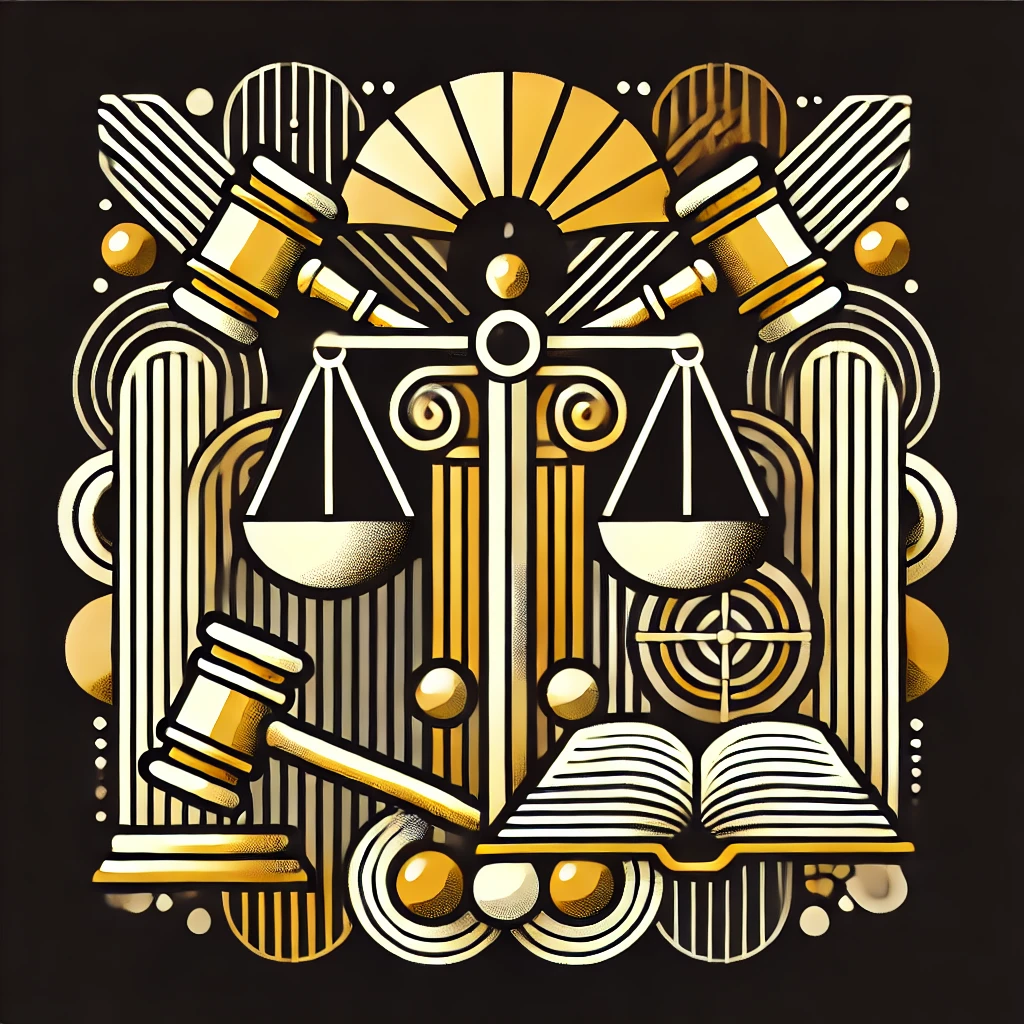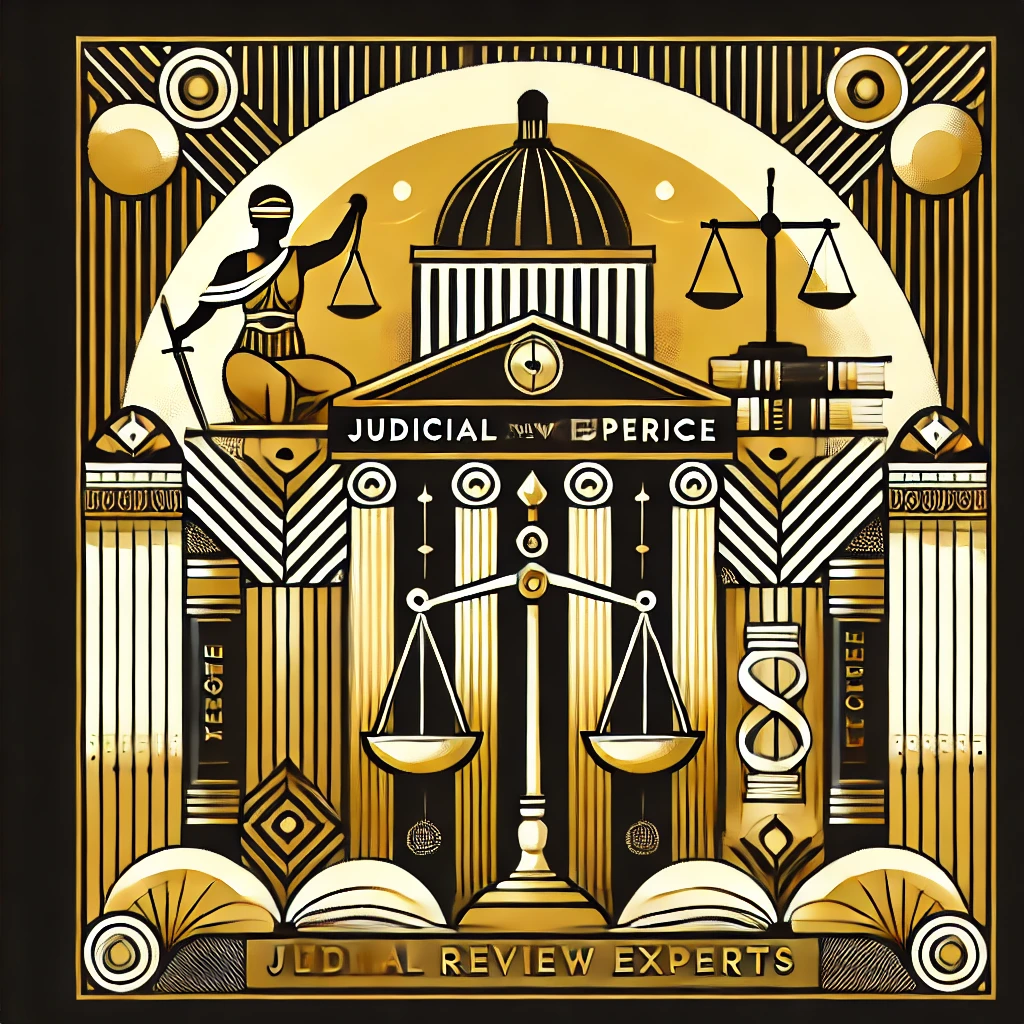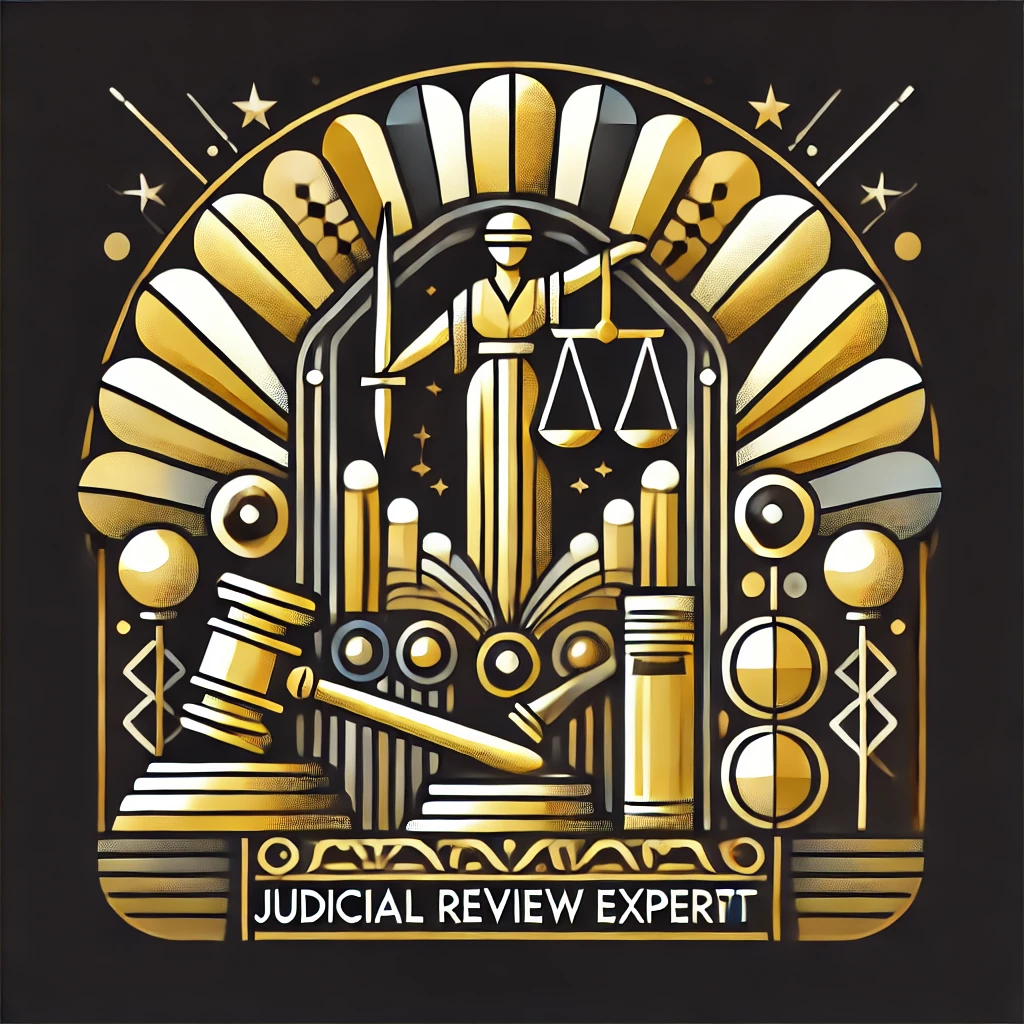Judicial Review Experts in Bahrain
Judicial Review is a powerful mechanism that allows individuals and organizations to challenge the decisions and actions of public authorities in Bahrain. It is a fundamental part of the judicial system, ensuring that government decisions comply with the law, respect individual rights, and are within the scope of authority granted. Judicial Review Experts in Bahrain provide the necessary legal support to navigate the complexities of this process and represent clients effectively in the courts.

Understanding Judicial Review in Bahrain
Judicial Review in Bahrain is a legal process by which courts evaluate the legality of decisions, actions, or policies made by public authorities. It acts as a control mechanism to ensure that all public bodies operate within the boundaries set by law. Judicial Review Experts play a critical role in assisting individuals and businesses when they feel that a public body has acted unlawfully, unfairly, or beyond its legal authority.
What is Judicial Review?
Judicial Review is a process where the courts examine actions and decisions of public bodies to determine if they are lawful, constitutional, and reasonable. In Bahrain, this is a vital part of upholding justice, providing accountability for public decisions, and maintaining the rule of law.
Role of Judicial Review Experts in Bahrain
The role of Judicial Review Experts is essential for individuals and organizations looking to challenge the actions of government authorities in Bahrain. These legal professionals provide guidance, support, and representation throughout the judicial review process.
Key Responsibilities of Judicial Review Experts:
- Advice on Grounds for Judicial Review: Judicial Review Experts assess the validity of the grounds for challenging a decision, helping clients understand whether judicial review is the appropriate legal course.
- Legal Representation: They represent clients in court, presenting arguments and evidence to show why the decision being challenged is unlawful.
- Preparing Court Submissions: These experts prepare detailed court submissions, outlining the facts of the case and presenting the relevant legal arguments.
The expertise provided by Judicial Review Experts helps ensure that challenges to government decisions are well-founded and that the rights of individuals and businesses are adequately protected.
Grounds for Judicial Review in Bahrain

In Bahrain, judicial review can be sought on several grounds. Understanding these grounds is vital for building a strong case:
Illegality
A decision is considered illegal if a public authority has acted beyond its lawful powers, misinterpreted the law, or made a decision outside its legal authority. Judicial Review Experts in Bahrain can help identify these instances and take appropriate legal action.
For example, if a government agency refuses to grant a license without a valid reason or if it misinterprets the law governing the issuance of such licenses, an individual or company may challenge this decision based on the ground of illegality.
Procedural Impropriety
This occurs when a public authority fails to follow the prescribed procedures. Procedural fairness is a critical aspect of the judicial review process, and any failure to follow proper procedures can be grounds for a challenge.
For instance, if an authority fails to give an individual an opportunity to present their case before making a decision that affects them, this can be grounds for judicial review due to procedural impropriety.
Irrationality
Also known as “Wednesbury unreasonableness,” irrationality occurs when a decision is so unreasonable that no reasonable authority would have made it. Judicial Review Experts assist in identifying irrational decisions and bringing them before the courts.
An example of irrationality is when an authority makes a decision that is entirely disproportionate to the situation, such as imposing an excessively harsh penalty for a minor regulatory violation.
Proportionality
Proportionality is an evolving ground for judicial review in Bahrain. It requires that the actions of a public authority should not be excessive in relation to the goal it seeks to achieve. Judicial Review Experts help evaluate whether the decision made by a public authority was balanced and fair given the circumstances.
What are the Grounds for Judicial Review in Bahrain?
Judicial Review can be sought on the grounds of illegality, procedural impropriety, irrationality, or disproportionality. Judicial Review Experts help navigate these grounds and assess the validity of a claim.
The Judicial Review Process in Bahrain

Pre-Action Protocol
Before applying for judicial review, the claimant must follow the pre-action protocol, which involves sending a letter to the public authority outlining the issues. This allows the authority an opportunity to resolve the matter without court intervention.
The pre-action protocol is an important step, as it provides both parties with an opportunity to avoid formal litigation and come to an agreement. Judicial Review Experts assist clients in drafting comprehensive pre-action letters that detail the grievances and expected outcomes.
Filing the Claim
If the issue is not resolved, a formal claim for judicial review must be filed in the administrative court. The claim must include evidence, grounds for review, and legal arguments. This step is crucial, as the courts require sufficient justification for proceeding with a judicial review.
Judicial Review Experts play a pivotal role in drafting the claim, ensuring that all the necessary elements, such as the grounds for review and the relevant evidence, are clearly outlined. This significantly increases the likelihood of a successful outcome.
Court Proceedings
The case will be heard in the administrative court, where Judicial Review Experts present the case on behalf of their client. The court may either uphold the decision, quash it, or remand it back to the public authority for further consideration.
During court proceedings, it is essential to have skilled legal representation to argue the case effectively. Judicial Review Experts use their knowledge of administrative law to demonstrate why the decision should be overturned.
Remedies Available in Judicial Review
- Quashing Order: Sets aside the decision made by the public authority.
- Prohibiting Order: Stops a public body from taking illegal actions.
- Mandatory Order: Directs the public body to carry out a specific action.
- Damages: In some cases, damages may be awarded if the claimant suffered harm.
The remedies available through judicial review are critical for providing justice to individuals and businesses affected by unlawful decisions. Judicial Review Experts assist clients in understanding the appropriate remedy for their specific situation.
Challenges in the Judicial Review Process

Time Limits
Claims for judicial review must be filed within a specific time frame, typically three months from the date of the decision. Failure to meet this deadline can result in the dismissal of the case. Judicial Review Experts help clients navigate these strict time limits and ensure that claims are filed promptly.
Standing
To bring a claim for judicial review, the claimant must have a sufficient interest in the matter. Judicial Review Experts can help determine if a client has standing to bring a claim. In Bahrain, the concept of standing is important as it prevents frivolous claims and ensures that only those directly affected by a decision can seek judicial review.
Costs and Financial Risks
Judicial review can be costly, involving legal fees, court fees, and potentially the costs of the other party if the case is lost. Expert legal advice is crucial to assess these risks and make informed decisions. Judicial Review Experts help clients evaluate the potential financial implications of pursuing a claim.
Complexity of Legal Arguments
Judicial review cases often involve complex legal arguments related to administrative law, human rights, and statutory interpretation. Judicial Review Experts are equipped to handle these complexities and provide the necessary legal expertise to build a compelling case.
The Role of Government Bodies in Judicial Review
Ministry of Justice, Islamic Affairs, and Endowments
This ministry oversees the judiciary in Bahrain and plays a crucial role in ensuring that judicial review procedures are conducted fairly and in accordance with the law.
The Ministry of Justice also provides administrative support to the courts, ensuring that cases are processed efficiently and that judicial review claims are handled in a timely manner.
Administrative Courts
Administrative courts are responsible for reviewing decisions made by public authorities. These courts are the main venues for judicial review cases in Bahrain.
Administrative courts are tasked with examining whether public authorities have acted within their legal powers and whether they have followed the proper procedures. Judicial Review Experts represent clients in these courts, advocating for their rights and challenging unlawful decisions.
Which Government Bodies are Involved in Judicial Review?
Judicial review cases are typically handled by administrative courts, while the Ministry of Justice ensures proper conduct of judicial processes.
Judicial Review in Environmental and Regulatory Matters
Environmental Permits
Judicial review is often used to challenge environmental permits and large-scale infrastructure projects that may harm the environment. Judicial Review Experts assist in ensuring that authorities comply with environmental regulations.
For instance, if a construction project is approved without proper environmental impact assessments, affected parties can seek judicial review to challenge the decision. Judicial Review Experts help gather evidence and present arguments to demonstrate non-compliance with environmental standards.
Regulatory Decisions
Businesses may use judicial review to challenge regulatory decisions, such as license denials or restrictions imposed by authorities. This provides a check on the powers of regulatory bodies.
Regulatory decisions that are unreasonable or discriminatory can have significant impacts on businesses. Judicial Review Experts help businesses navigate these challenges and seek remedies through the judicial review process.
The Importance of Judicial Review in Bahrain
Judicial Review plays an essential role in ensuring that public authorities in Bahrain are held accountable. It ensures that government bodies do not act arbitrarily, maintain transparency, and adhere to the rule of law. It is a fundamental safeguard against abuse of power.
Judicial Review also promotes good governance by ensuring that public authorities make decisions based on law and proper procedures. It helps maintain public confidence in the fairness and integrity of government actions.
Why is Judicial Review Important in Bahrain?
Judicial review is crucial because it holds public authorities accountable, protects individual rights, and ensures that decisions comply with the law. It serves as a vital tool for promoting fairness and justice in administrative decision-making.
Frequently Asked Questions About Judicial Review
What is the Time Frame for Judicial Review Claims in Bahrain?
Claims must be filed within three months of the decision. Consulting Judicial Review Experts can help ensure compliance with these time limits.
Can I Appeal a Judicial Review Decision?
Yes, decisions can be appealed if there are valid grounds, such as procedural irregularities or errors in law. Judicial Review Experts provide advice on the prospects of a successful appeal and represent clients during the appeals process.
What Role Do Judicial Review Experts Play?
Judicial Review Experts provide guidance, representation in court, and help ensure all procedural steps are followed properly.
Are Judicial Review Remedies Binding?
Yes, remedies like quashing orders or prohibiting orders are binding on the public body, compelling them to take or refrain from specific actions.
What are the Costs Involved in Judicial Review?
Costs can vary widely depending on the complexity of the case. Judicial Review Experts provide estimates based on the specifics of the case.
Can Judicial Review Be Used Against All Public Authorities?
Yes, judicial review can be used to challenge the actions of any public authority, provided there are legal grounds for the challenge.
What Types of Decisions Can Be Challenged by Judicial Review?
Decisions regarding environmental permits, regulatory licenses, and administrative actions are commonly challenged through judicial review.
What is Procedural Impropriety in Judicial Review?
Procedural impropriety occurs when a public authority fails to follow required procedures, which may be grounds for judicial review.
What Happens If I Win a Judicial Review Case?
If successful, the court may quash the decision, issue a prohibiting order, or direct the public body to take a specific action.
How Does Judicial Review Protect Individual Rights?
Judicial review ensures public bodies act lawfully, thus protecting individual rights against arbitrary or unlawful decisions.
Conclusion
Judicial Review Experts in Bahrain provide essential support for individuals and businesses looking to challenge the actions of public authorities. The judicial review process ensures that government bodies act within their legal authority, adhere to fair procedures, and respect the rights of individuals and businesses.
If you need assistance with judicial review or want to understand your rights regarding a decision made by a public authority, contact Alya Al Zeera Lawyer & Legal Services. Our team of experienced legal professionals is ready to guide you through the judicial review process and represent your interests effectively.
